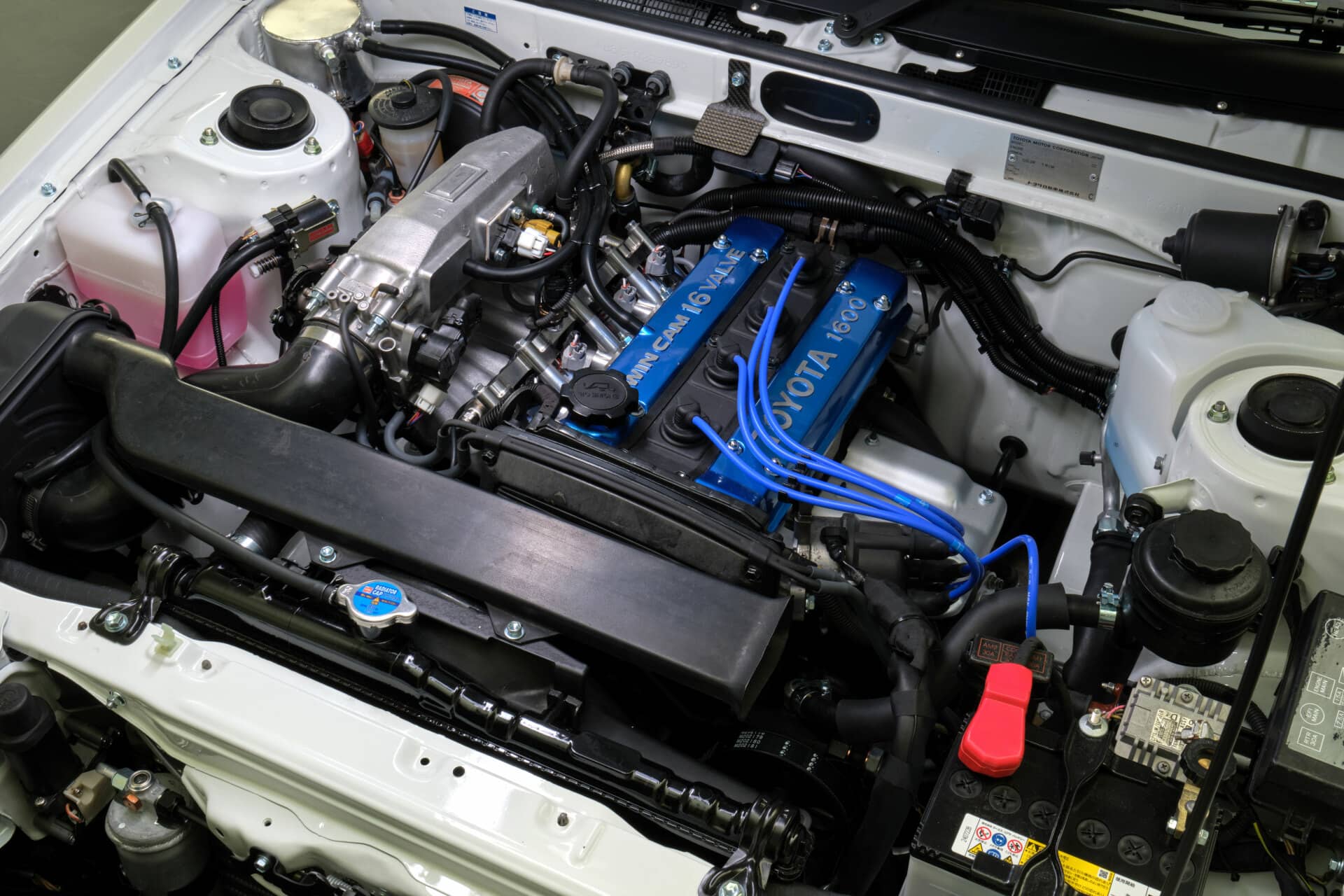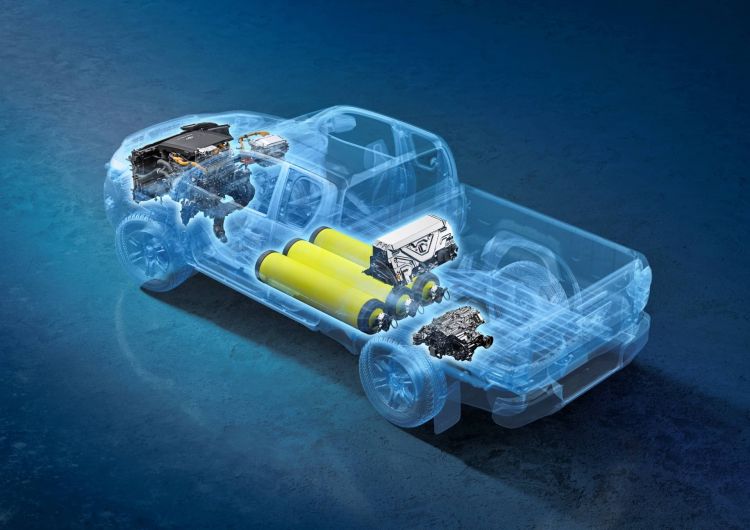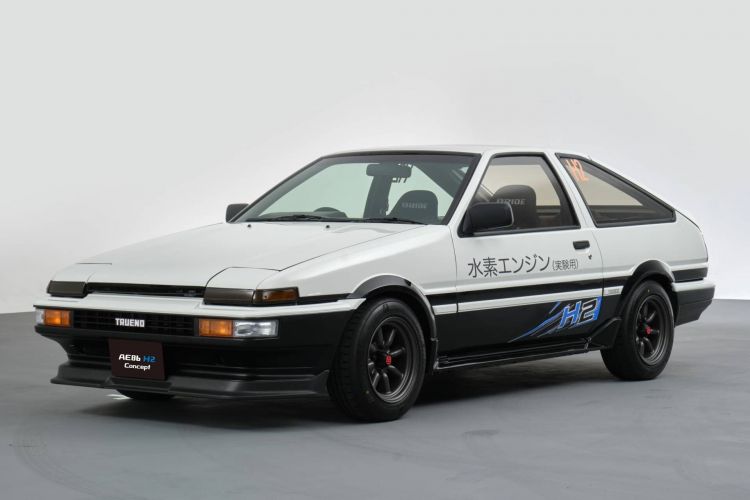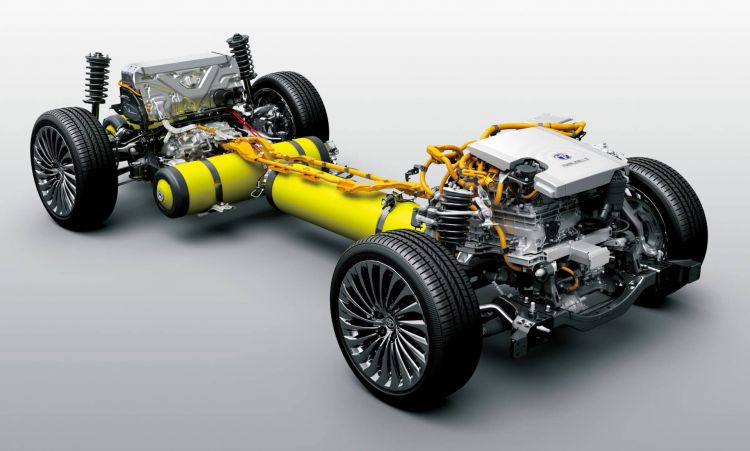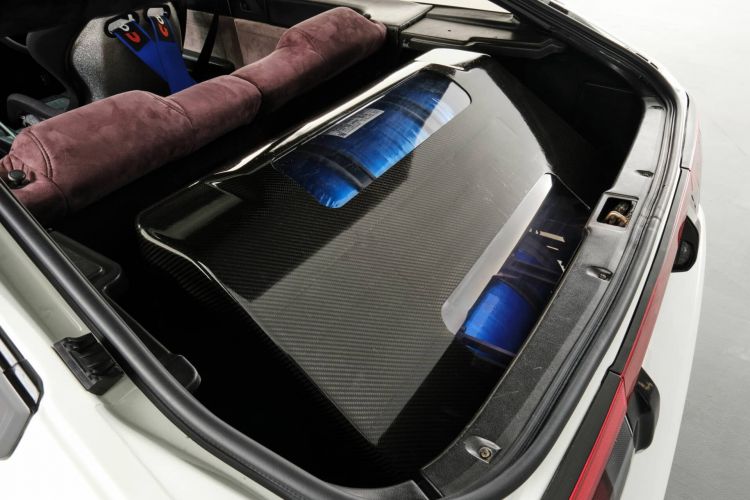In 2035, diesel and gasoline cars will stop being sold, including hybrid cars. All tourism that uses an internal combustion engine will have its sale prohibited. Or at least that is the intention of the European Union.
Neutral internal combustion is raised as a possibility, hand in hand with neutral synthetic fuels. But what about hydrogen?
There are more and more projects that make us dream of a future for internal combustion powered by hydrogen. But is it feasible?
The European Union has planned a ban on the sale of diesel and gasoline cars in 2035
Hydrogen is the energy of the future (and the present)
hydrogenlooms as the energy of the future. It presents difficulties and important challenges that will have to be addressed. Its transport, through pipes, is not as simple as they make us seenor as the “green energy corridor” that has been projected to connect Barcelona with Marseilles claims.
It is not easy, nor cheap, to transport it in pressurized containers.by road, rail, or sea. Hence, the optimum is to produce hydrogen close to the place where it is going to be consumed, emerging concepts such as local hydrogen, or production, marketing, consumption networks, and even development of related technologies, called hydrogen ecosystems.
But it is feasible to produce hydrogen and scale that production to large volumes, using renewable energy. and, somehow, using the energy capacity of hydrogen and its production as a kind of “battery” for a better use of renewable energy, giving rise to the concept of green hydrogen.
Burning hydrogen, does it make sense?
Hydrogen can technically be used as a substitute for gasoline or diesel and its combustion is definitely clean, compared to that of fossil fuels and even neutral fuels. The transformation of engines to use hydrogen as fuel is viable, but it requires other types of adaptations and resolution of difficulties, such as having pressurized tanks for hydrogen.
The last project that we knew these days could not be more exciting. Toyota presented us these days how it had modified a brand new eighties Toyota AE86 to run on hydrogen instead of gasoline (and also a different preparation with batteries). To prepare it, Toyota tells us that it has required the pertinent adaptations so that the engine can work with hydrogen, which include injectors, pipes and spark plugs, but also those necessary to “refuel” the hydrogen, such as two inherited tanks from the hydrogen car. , fuel cell, Toyota Mirai.
In the already limited space in an internal combustion car, enough space would still have to be found to mount the pressurized hydrogen tanks. Toyota does not give us more details of consumption, or autonomy. But we understand that the high cost in space that this adaptation requires would be necessary to achieve a range that is probably very low.
Convert old cars to burn hydrogen?
If it is already difficult, and probably unfeasible, to design a hydrogen-burning car from scratch, it seems even more complicated to do the same with a transformation of an old car, diesel or gasoline, to burn hydrogen.. We insist that it is very likely that the autonomy of this Toyota AE86 transformed by Toyota enjoys a very reduced autonomy, however attractive this solution may be. The combustion of hydrogen, to drive an internal combustion engine, will never reach the efficiency of the transformation of hydrogen into electricity, to drive an electric motor, and ultimately a car like the Toyota Mirai.
It is enough to look at the transformation that Toyota has required to mount the Mirai tanks in an AE86, regardless of the trunk.

